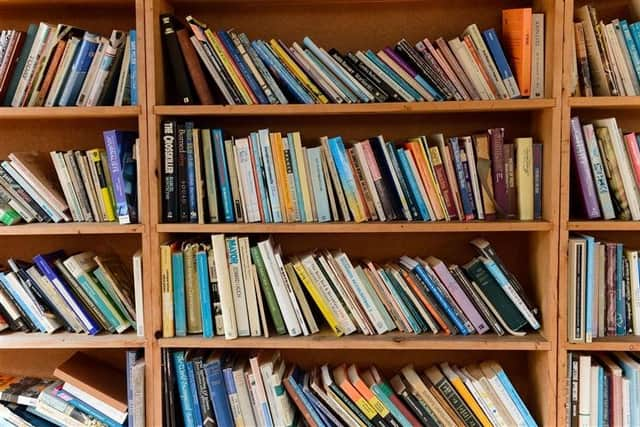Survey suggests people reading more about people facing hard times for solace as cost of living crisis continues
and live on Freeview channel 276
More than a third of respondents of a recent survey conducted by charity The Reader have said they turn to literature about people experiencing adverse times more now during the cost of living crisis compared with previous years.
The Reader, a UK-wide organisation, provides mental wellbeing support to communities through weekly Shared Reading groups.
It said the recently released report it commissioned showed that as more people risk being pushed into poor mental health due to the financial stress of the ongoing economic crisis that has seen inflation reach dizzying heights and people forced to pay more for staple groceries like milk, sugar and eggs since 1945, books have become a renewed source of comfort.


Katie Clark, The Reader’s director of literature, said: “The financial stress of the ongoing cost of living crisis is putting more people at risk of poor mental health while, in many places, the support services they need are struggling to cope with demand."
She added: “This calls for a reframing of the conversation around cost of living that highlights the urgent need for more spaces where people can find social support, alongside priorities like warm spaces and food banks.”